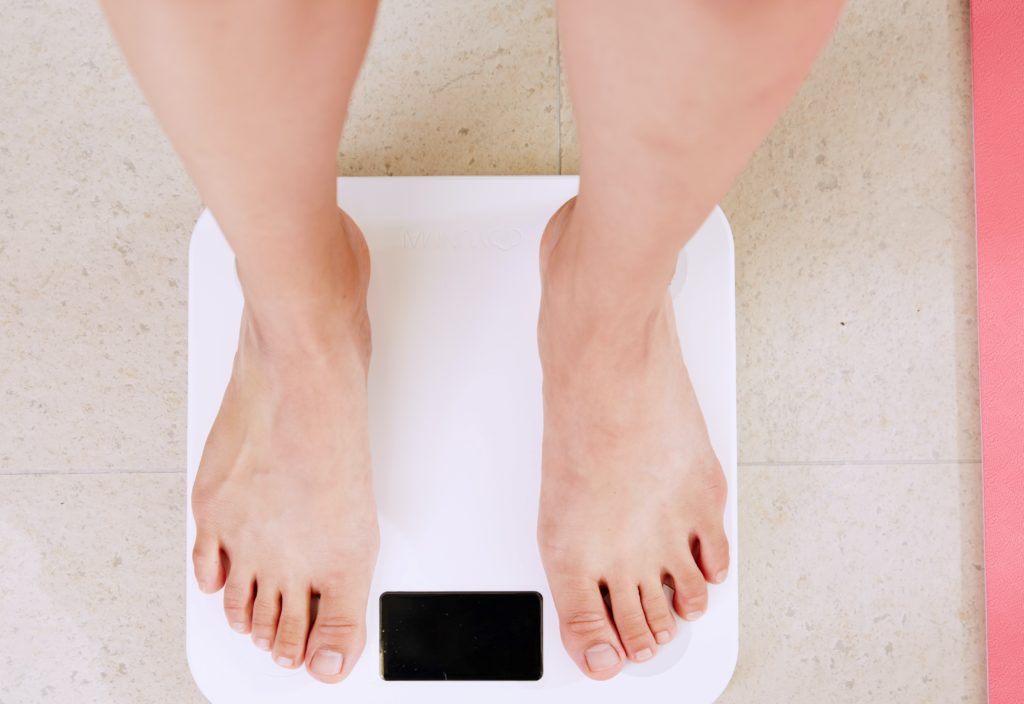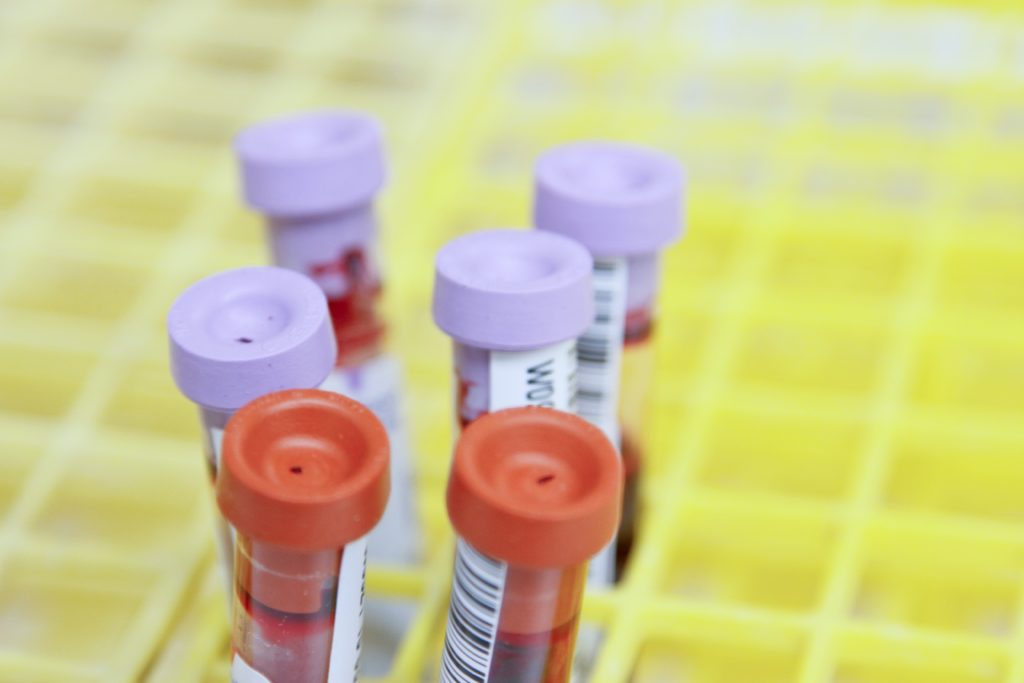Hacking Your Health
If we use our limited time and hard earned money to keep our cars running well and helping them last, even though they can be replaced, doesn’t it make sense to optimize our mind and body’s health since they cannot be replaced. Now that cars have computer systems that can alert the owner about potential problems, it is much easier to keep a maintenance schedule. The body has vital signs that are measured, even at home, to alert us about potential health problems. We can take appropriate actions that include lifestyle changes and or schedule a visit with your medical doctor.
There are several simple measurements that can be done at home.
1. Temperature is a measure of our metabolism. Most medical practitioners believe that ideal is 98.6 degrees F. This may be incorrect. I recommend that you take an oral reading at least three times. You can determine your base line temperature with at least two readings that are the same. Also your temperature can vary throughout the day, so consider checking it in the morning, at midday and before bed. Elderly people usually have a lower body temperature, therefore a temperature of 98.6 degrees may be elevated and indicate infection. A temperature routinely less than 97.7 could indicate low thyroid function. A temperature slightly above may be normal.
2. Pulse is a measure of heart beats per minute. An ideal range is 60-70. Routinely above 80 can increase the risk of heart attack. Causes can be poor hydration (water intake), low magnesium, increased anxiety and not enough exercise. Routinely below 60 could indicate low thyroid function, although some athletes may have 45-60 beats per minute.
3. Blood Pressure, ideal is 120/80. Some consider 140/90 to be elevated. While other health care providers consider a blood pressure as low as 130/80 a risk for heart disease, stroke, kidney and eye problems. A low blood of 100/60 may indicate low thyroid function if accompanied by symptoms such as fatigue, dizziness and brain fog.

4. Weight, 70% of the American population is considered overweight. Most people understand that too much body fat is unhealthy. It is possible for thin people to have low muscle mass and high body fat. There are two measurements that may be helpful in determining whether you have too much fat.
Body Mass Index (BMI) is calculated by dividing weight in kilograms by height in meters squared (kg/m2). It may be easier to go online for the calculation. Males should be less than 30 and females less than 21.

Waist to hip is a ratio that is determined by measuring the waist at the level of the belly button and dividing it by the measurement of the hips at the widest level. Ideal for males is 0.9 (over 1.0 is unhealthy). Ideal for females is 0.8 (0.85 is unhealthy). Too much belly fat increases the risk for chronic disease, cancer and dementia.
In addition to these self assessments, you may want to consider blood tests to discover potential health risks before symptoms related to less than optimum health develop. Reference ranges stated on test results and what is believed to be normal for the various panels that are measured by the blood test are based on what is found in 95% of the population with no consideration given for illness. The reference ranges include the super healthy and the super sick. Therefore, it is possible to have symptoms of illness and still be in the normal ranges. This can be frustrating when you feel sick, but your doctor interprets the results in the normal range. It is interesting to note reference ranges have changed as the population has gotten sicker.

These blood tests can be ordered and evaluated by your doctor. Insurance may or may not cover some the more informative blood test panels or a high deductible insurance plan may apply the cost to it. Either situation could cause a large out pocket expense. Many states, including Missouri, allow patients/ clients to order their own tests from a laboratory facility. The results are sent directly to the patient/client. These tests can be interpreted by your medical doctor or a health coach. Recommendations can be made to improve test results and most likely reduce the risk of more serious disease or improve symptoms related to disease.
There are cooperative like organizations that contract with testing facilities to offer tests at reduced fee when the patient pays directly and medical insurance is bypassed. Due to the tendency for reduced coverage by insurance companies, this may be the most economical way to have the appropriate tests. Blood test panels that measure metabolites to evaluate kidney and liver function, triglycerides and cholesterol, hormones, inflammation, important nutrients and the type, the size and amount of blood cells. The information provided not only indicates a need for change, but also serves to monitor if your doctor’s or health coach’s recommendations are being followed and how they are working.
One such organization is Your Lab Work. You can visit their website ( yourlabwork.com/?ref=567 )to place an order or for further information. If you are concerned about health issues, I recommend the Transformational Panel. It covers all the areas previously discussed. The Young and Healthy Basic is less expensive and provides a good screening if you have no health issues. Your Lab Work provides me compensation to help support my work. If you have questions about Your Lab Work feel free to email me. For questions regarding. ng a blood test either from Your Lab Work or from another source, please contact me for a consultation
